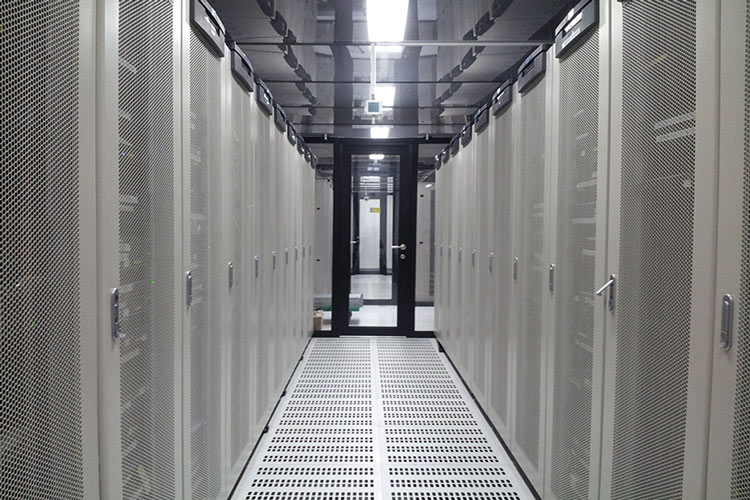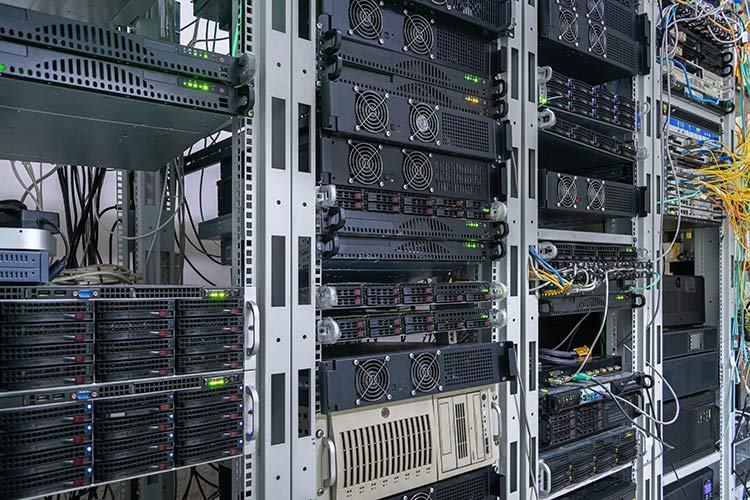Bare metal servers are considered a superior quality option when it comes to the best server solutions available from providers. They are mediated as the top option that offers the benefits of the highest achievable performance. But is there a real difference between bare metal dedicated servers and dedicated servers? Or is the whole distinction between the two merely a forgery of marketing?
Many articles on the internet argue for the unique benefits only bare metal dedicated servers can provide. However, the differences between bare metal and what is meant by more traditional dedicated servers are often not so obvious. There is confusion around the terms; some vendors even use this confusion to their advantage by advertising two products with no real differences.
Bare metal, however, has gained popularity, and not only due to shrewd marketing strategies. Clearing up confusion around the terms can help you understand your options better and avoid the pitfalls of blurry terminology and misconceptions.
To get an idea about bare metal dedicated servers as opposed to what is meant by “dedicated” in a broader sense, let’s take a different approach and focus on defining the options—with their differences and similarities—the best way we can. Join us for this read.
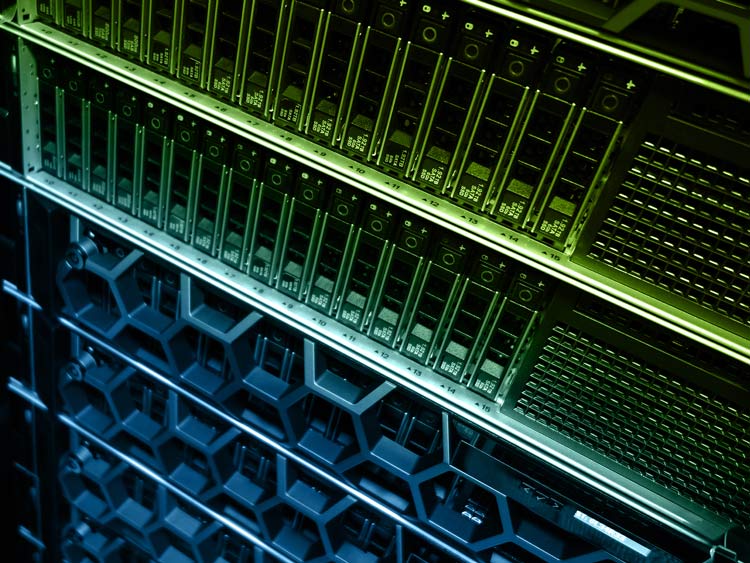
The Definition of Dedicated Servers
Let’s start with certainties and look at a definition of what “dedicated servers” exactly means.
A dedicated server is typically a physical server leased and used exclusively by a single customer or organization. All server resources, such as processing power, memory, storage, and bandwidth, are available only to that one client.
A dedicated server is very different from a dedicated server instance, or a dedicated host, with which it is often confused with.
The Definition of Bare Metal
Bare metal dedicated servers are often sold as premium products, with a special distinction from other dedicated offerings. The name comes from what the solution offers: access to the “bare” hardware. Bare metal dedicated servers are not shared with anyone else but the organization using them.
While you can decide to have a bare metal dedicated server with a hypervisor on it and run virtual machine instances yourself, the name implies that when you buy it, you get the “bare” server without any abstraction layers installed on it.
So, while some providers do sell bare metal dedicated servers with distinctions from dedicated servers in the traditional sense, in many of the cases, the two names just cover the same thing. The distinction in the name is more of an emphasis on the fact that dedicated servers have only one client who has direct access to the bare metal resources without any intermediary virtualization layers.
The Advantages of Dedicated Servers
So, in case you were uncertain if bare metal dedicated servers and dedicated servers mean the same thing, yes, sometimes they really do. In some cases, the provider does make a difference in what’s included in their offer, however, oftentimes, those two terms cover the same thing. What’s offered under those names comes with more or less the same features and advantages. Some of those are the following:
- Root access. Dedicated servers come with the big advantage of direct access to the hardware, offering the user granular control over resources.
- Control over configuration. Unlike a less complex cloud hosting solution, with dedicated servers, customers enjoy total control over server configuration and resource allocation.
- The opportunity to get the most out of the hardware and achieve better performance by taking advantage of quality components like extra DPUs.
- Higher stability and reliability thanks to single tenancy. Workloads can suffer in shared server environments when a “noisy neighbor” suddenly uses too many hardware resources.
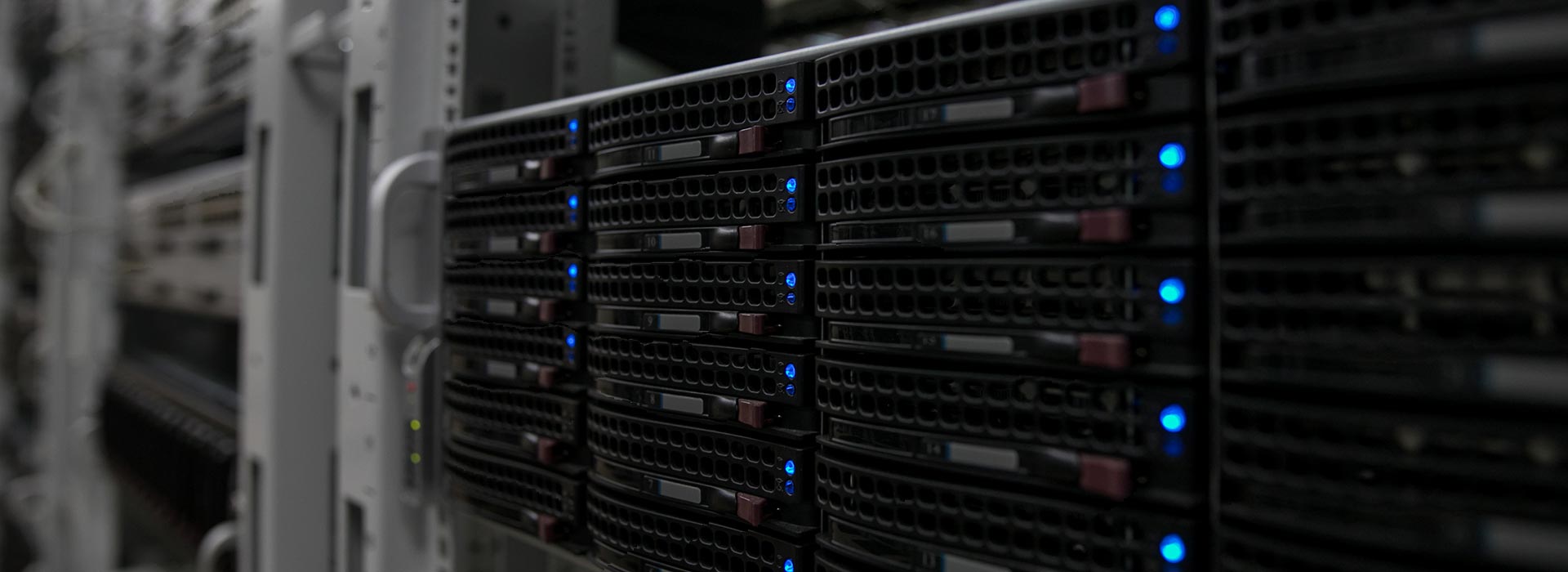
What’s the Difference Between a Dedicated Host and a Bare Metal Dedicated Server?
While both bare metal dedicated servers and dedicated hosts offer single-tenancy, a dedicated host refers to a virtualization environment the physical server is dedicated to. Let’s clarify these terms too.
What’s a Dedicated Host?
With cloud hosting, the server is partitioned into multiple virtual machines, and hardware resources are shared between them. However, instead of renting just a VSI or virtual server instance, where several customers share the same hardware resources, with a dedicated host, all of the server’s resources only serve a single customer. This way, the customer gets the virtual resources delivered in an IaaS manner and doesn’t have to manually deal with the complexity of bare metal. With a dedicated host, the hypervisor is managed by the provider. The user has the comfort of deciding upon the VSIs and choosing the resource allocation for the partitions, and the provider configures everything accordingly. This way, the customer can have a dedicated host up and running in a very short time.
How is a Bare Metal Dedicated Server Different?
A bare metal dedicated server gives the user more freedom to choose the hardware pieces and power allocation compared to a dedicated host. However, all the responsibility and complexity falls on the customer. This approach allows clients to configure more unconventional setups. As opposed to the dedicated host, with a bare metal server, it is possible to overcommit if efficiency requires it.
It all boils down to whether the user needs the level of granular control that bare metal offers. Root access allows configurations that can ease the management of large data volumes. When the client is in control of the hypervisor, an extra level of monitoring and logging becomes possible, which is not supported in a dedicated host situation. A bare metal dedicated solution can also allow setups that are not supported by hypervisor-based virtualization, bringing more independence, better performance and speed for specific workloads, and, in some cases, an extra layer of security that is not possible with other configurations.
Navigating the Confusion
Now that we have clarified a few of the terms, it’s easy to see how many different meanings a word like “dedicated” can have. Some vendors sell not only server solutions but also different types of resources with the “dedicated” label, which can be quite confusing. A customer can easily wake up buying a “dedicated server instance,” referring to a VSI, while aiming for a server offering single-tenancy. The same with dedicated CPU, which can mean different things from one vendor to another.
Others might want a bare metal dedicated server to run containers directly on bare metal without the hypervisor layer for that extra performance and security. Looking through “dedicated server” offers, which cover something completely different, can be time-consuming and annoying.
The confusion comes from the word “dedicated” being used for many different products, and navigating this confusion requires extra attention from anyone looking to buy a suitable solution.
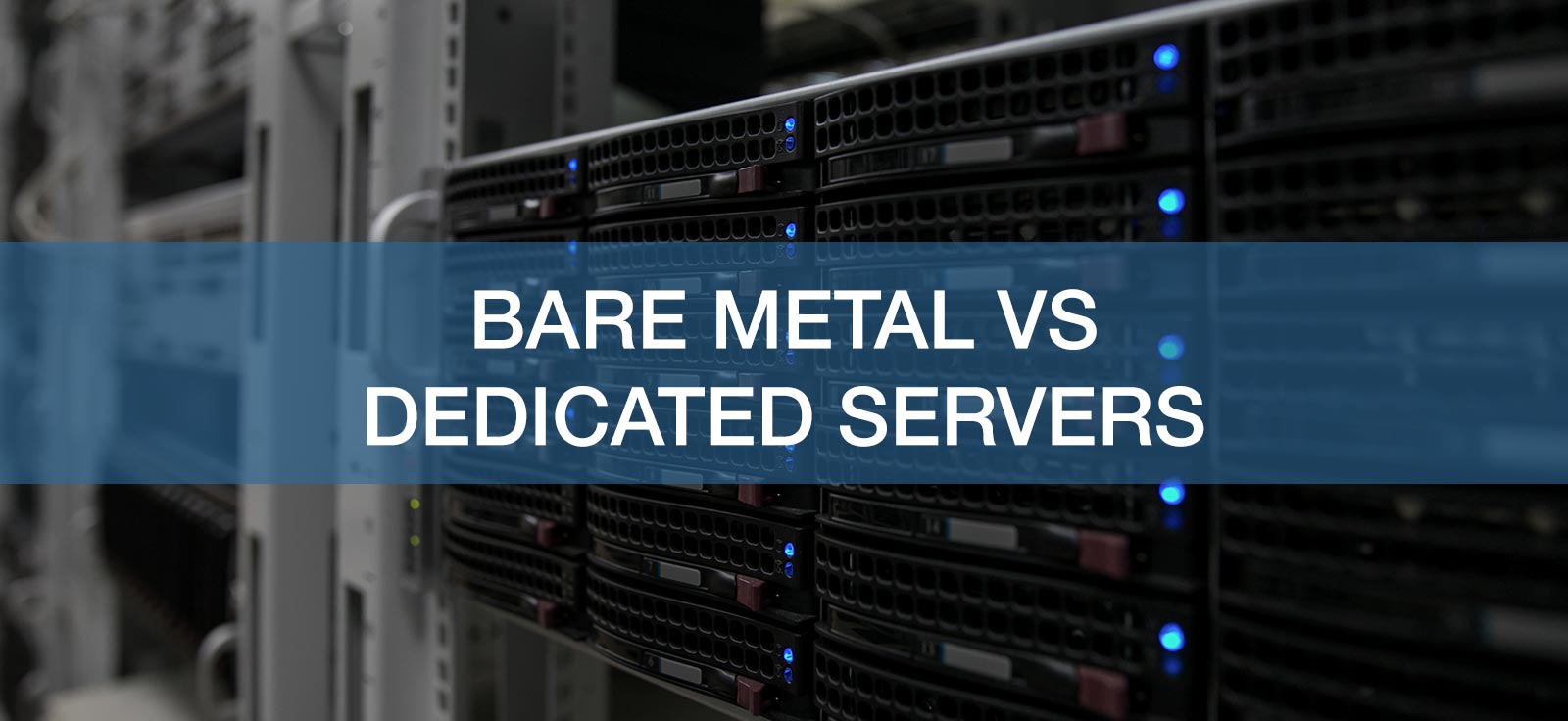
Conclusion
There’s a lot of confusion and blurriness around what dedicated servers and bare metal servers mean. However, because many vendors sell different products under those names, we can’t really say that they mean the same thing. It’s true that, in many cases, the distinctions made between the two are only part of a marketing plan’s expectations from confused customers.
In other cases, the confusion can be attributed to the changeable nature of words and expressions, which enter the common language with a distorted meaning. In either case, whether the confusion is created deliberately or is merely the result of the inherent instability of language, the customer has the same responsibility. That is to find a reliable provider, preferably one offering more transparency, and make an informed decision based on their organization’s specific needs.
If you need help unlocking the meaning of confusing terminology and need a solution tailored to your specific needs, contact us at Volico Data Centers. Whether you need a bare metal dedicated server or a dedicated hosting solution, we can offer personalized solutions without blurring what they cover. Call us at (305) 735-8098 or chat with a member of our team to discuss which server solution best fits your specific needs.


